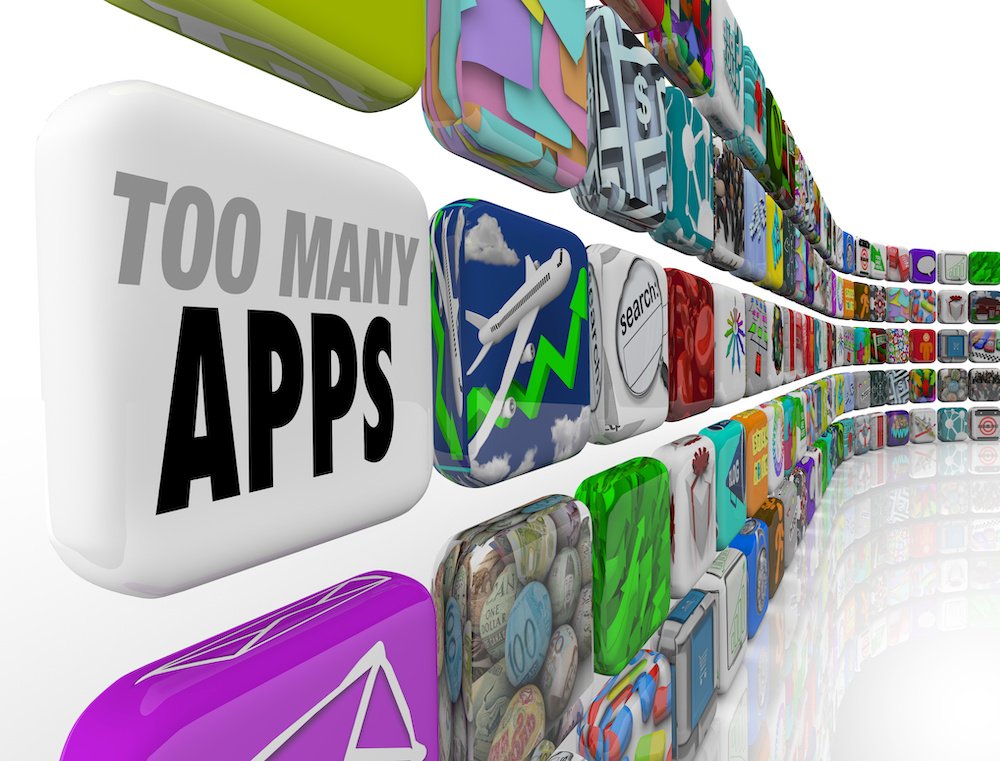Do you need a native event app, and what are the alternatives?
First off, what is an event app? Well at its basic level, an event app is an application that is downloaded onto your attendees’ devices to provide them with additional information and features whilst they are attending your event and can also be used to share some useful information post-event.
Whilst it’s separate from event registration, the data from registered attendees can be integrated into the app to give them a more personalised experience.
So, do you need an event app?
The answer to this is basically, ‘It depends’. It depends on budget, your event complexity, which devices your attendees use, and what you plan to share with them.
But, in general, for larger events that run across multiple days an event app is a great choice. There is a lot of information to share, and opportunities to interact with and add real value to the attendee experience by providing them with an app, especially one that is personalised to them. Good event apps include features like interactive maps, personalised agendas, networking tools, and real-time updates, lifting the overall attendee experience.
However, for smaller or single-day events, an event app might be overkill. Why? We've all got more than enough apps on our phones, and downloading another one for a single-day event may be one app too many. You might argue that the app can be used post-event, but let's be honest, how many of us look at an event app after the event has finished? In addition, developing a high-quality event app can be pricey, and it may not justify the expense for a smaller event.
The Alternative: Browser-Based Apps
In short, browser-based apps look and act like mobile apps but without the need to download anything. They cost less too, and nowadays, there is no need to compromise on functionality and user experience. Browser-based apps can offer a similar level of interactivity and personalisation as native apps, making them a compelling alternative, especially for shorter or smaller events.
How to Get People to Engage with Browser-Based Apps?
The key is to make the onboarding process easy and convenient for attendees. QR codes or NFC (Near Field Communication) technology are great ways of getting attendee engagement with a browser-based app. Most people are now comfortable with QR codes, and they know scanning them will take them to a web page. NFC technology allows attendees to tap their devices on designated tags or surfaces to launch the app directly in their browsers.
Both QR codes and NFC provide an easy way to get attendees engaged with the event's browser-based app without the hassle of downloading and installing yet another app on their phones. In addition, this approach can be great as it eliminates potential barriers related to device compatibility or storage limitations.
Get the balance right
Ultimately, the decision to use a native event app or a browser-based alternative depends on factors such as the size of the event, its duration, target audience, and budget. For larger, multi-day events with a tech-savvy audience, a native app might be the way to go, offering a highly personalised and feature-rich experience. On the other hand, for smaller or one-time events, a browser-based app accessed via QR codes or NFC could be a cost-effective and convenient solution, providing a balance between functionality and ease of use.
There is no right or wrong, but event organisers should assess their specific needs and consider what their attendees will prefer and engage better with to determine the best approach. You could offer both options – a native app for those who prefer it and a browser-based alternative for those who don't.
As they say, the decision is yours. But… if you need help in making that decision, get in contact. We do both, so we don’t have an ulterior motive to suggest one over the other.

